
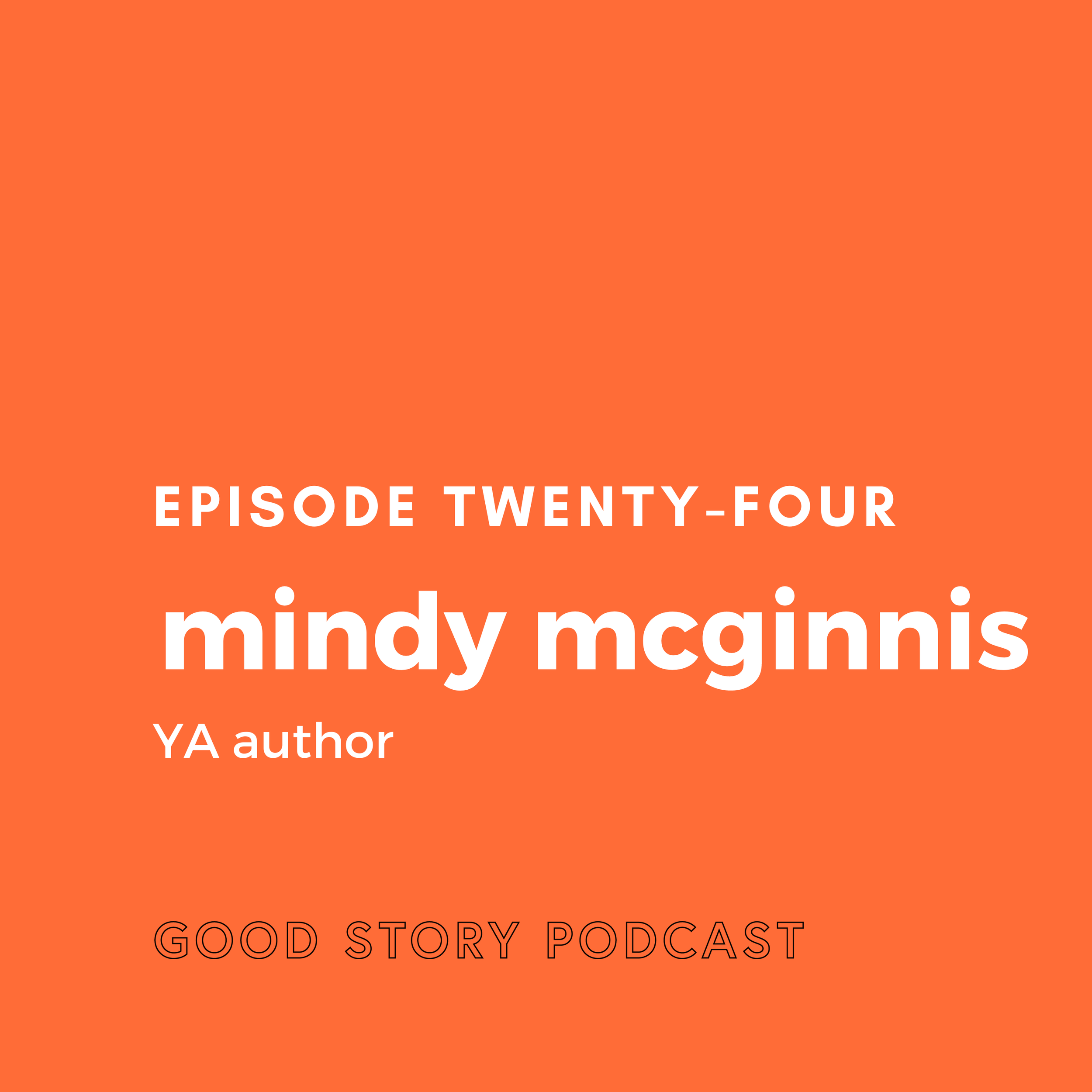
Episode 24: Mindy McGinnis, YA Author
Mindy McGinnis, mystery, suspense, thriller author and dog haver, joins the Good Story Podcast to talk about her upcoming work with James Patterson, shit-shoveling, book snobbery, and showing characters' humanity.
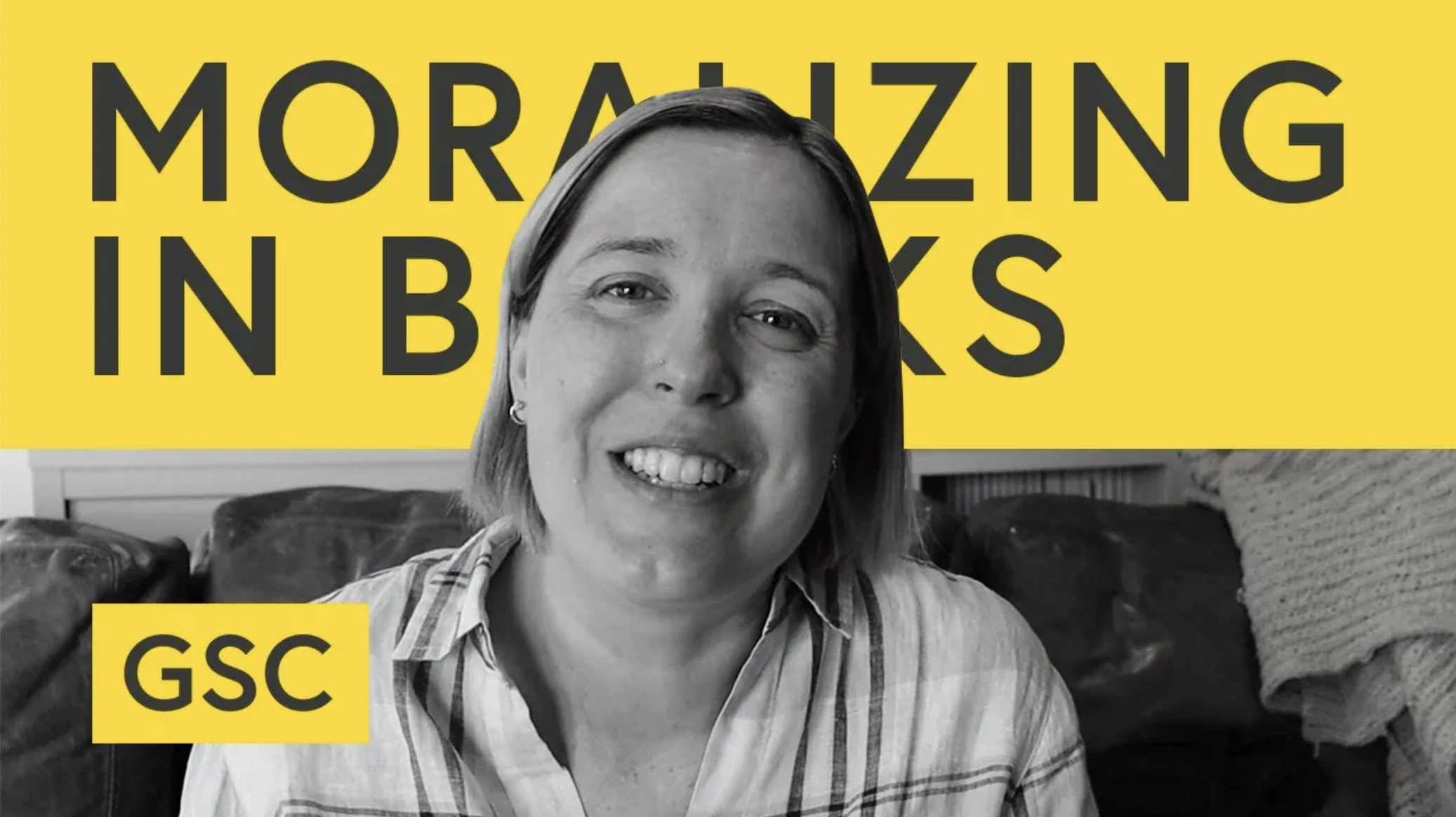
Moralizing in Books
Think twice before you moralize in your book. Ditch "sharing is caring!" and go for a more nuanced message. Here's how.

Writing Female Characters
Writing female characters can be harder than you expect, as a writer, but it’s important to get right. There are some blind spots that many of us—men and women alike—have when it comes to crafting compelling female characters.
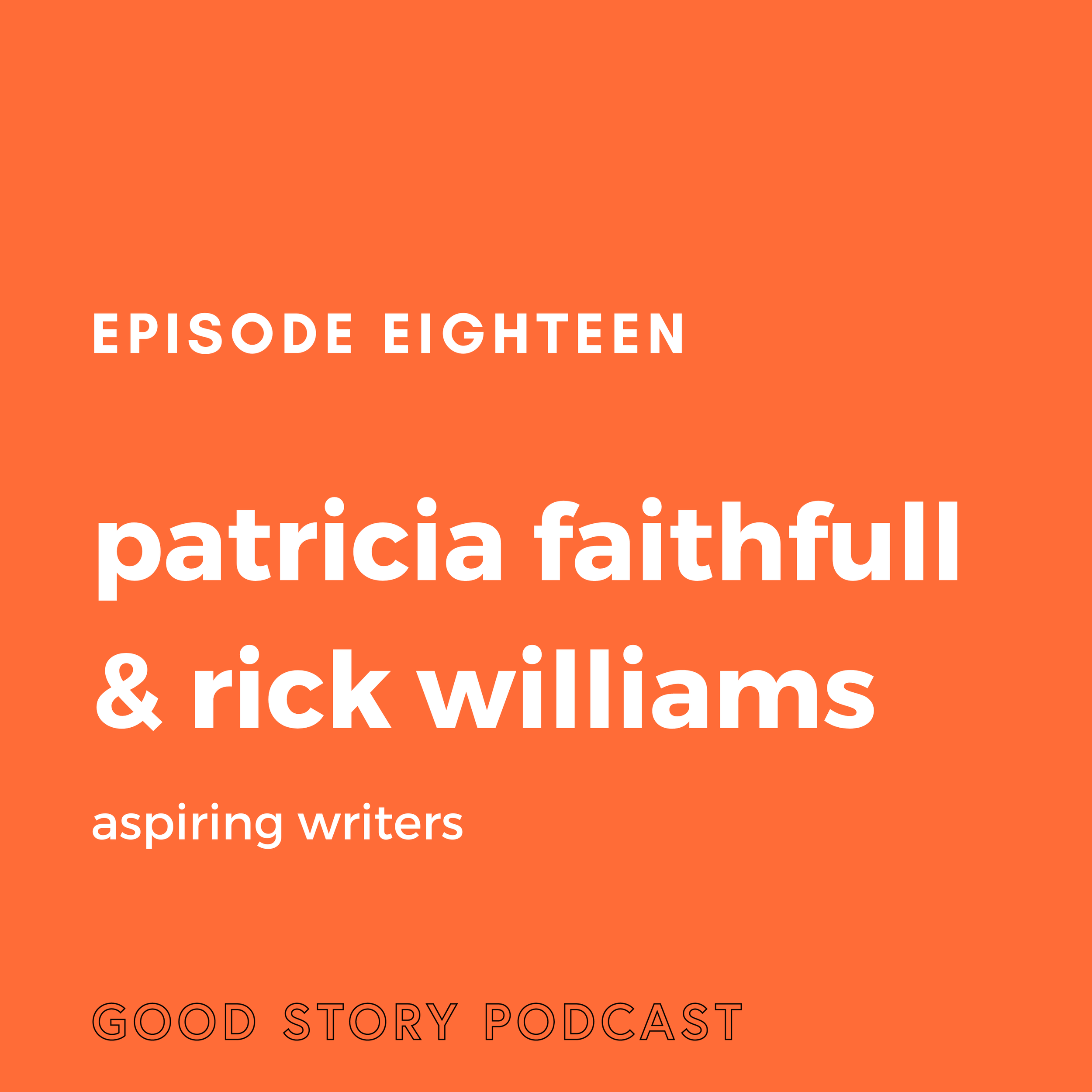
Episode 18: Patricia Faithfull and Rick Williams, Aspiring Writers
A conversation about "The Emotion Thesaurus" as well as writing tools in general and whether human input can ever be replaced by tools.
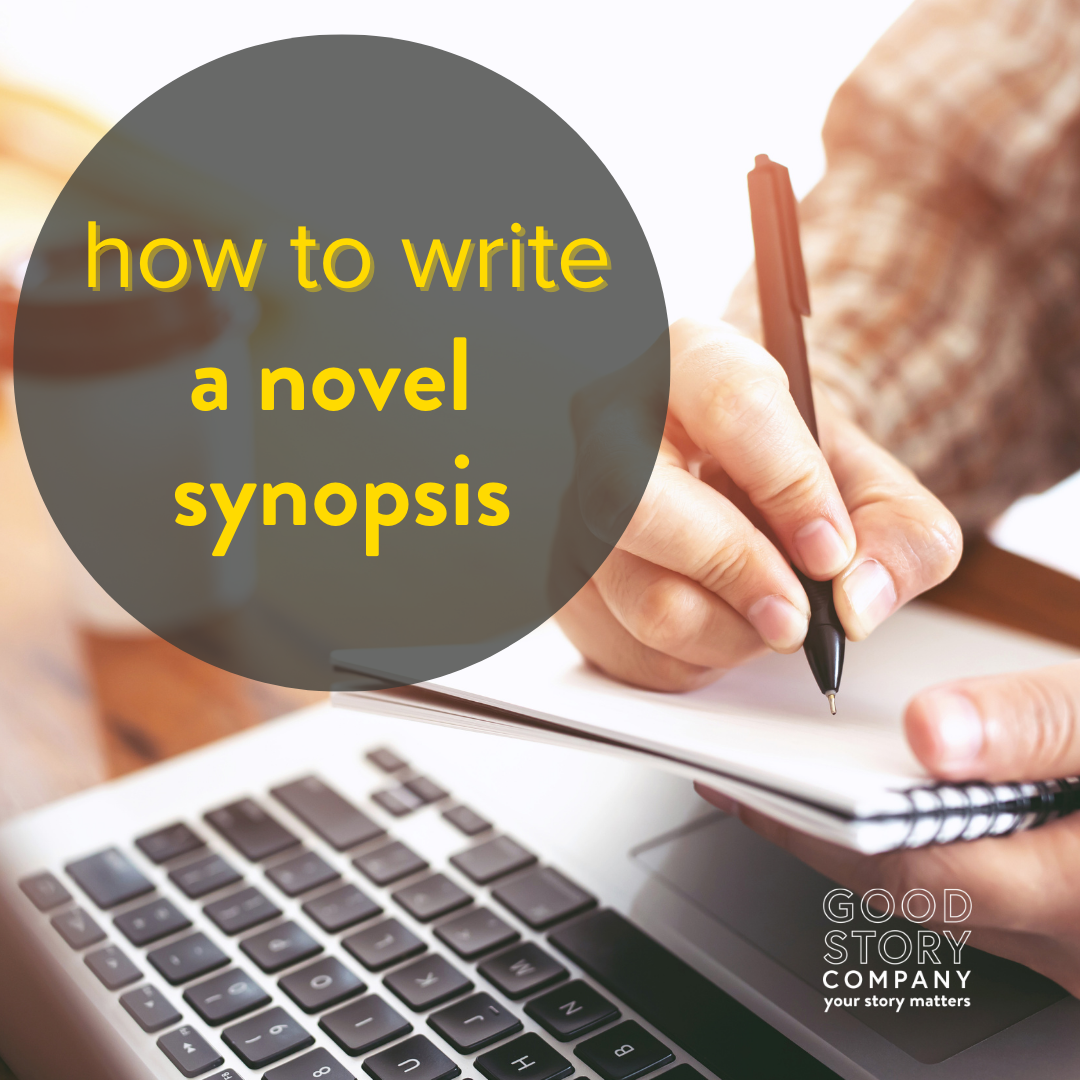
How to Write a Novel Synopsis
One of the most difficult parts of submitting a manuscript or query to an agent or publisher is figuring out how to write a novel synopsis. That task is different every time and for every book. Just like the task of writing each book is different and calls upon different skills, crafting a synopsis for each manuscript is different, as well.
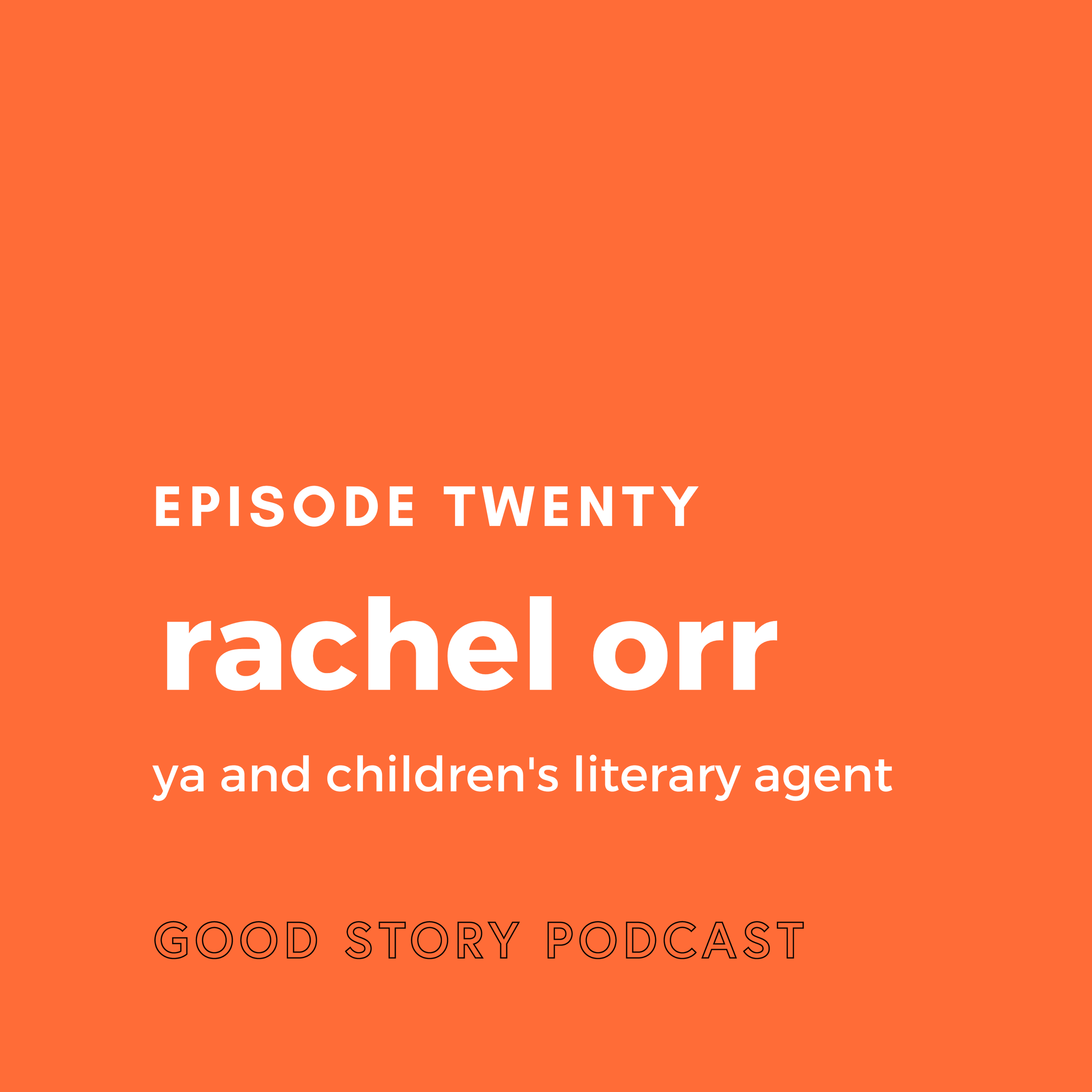
Episode 20: Rachel Orr, YA and Children's Literary Agent
Decades-long agent, Rachel Orr, talks about real life clients as she shares what agents and editors are looking for, what to include in your query letter, and how to challenge the status quo.
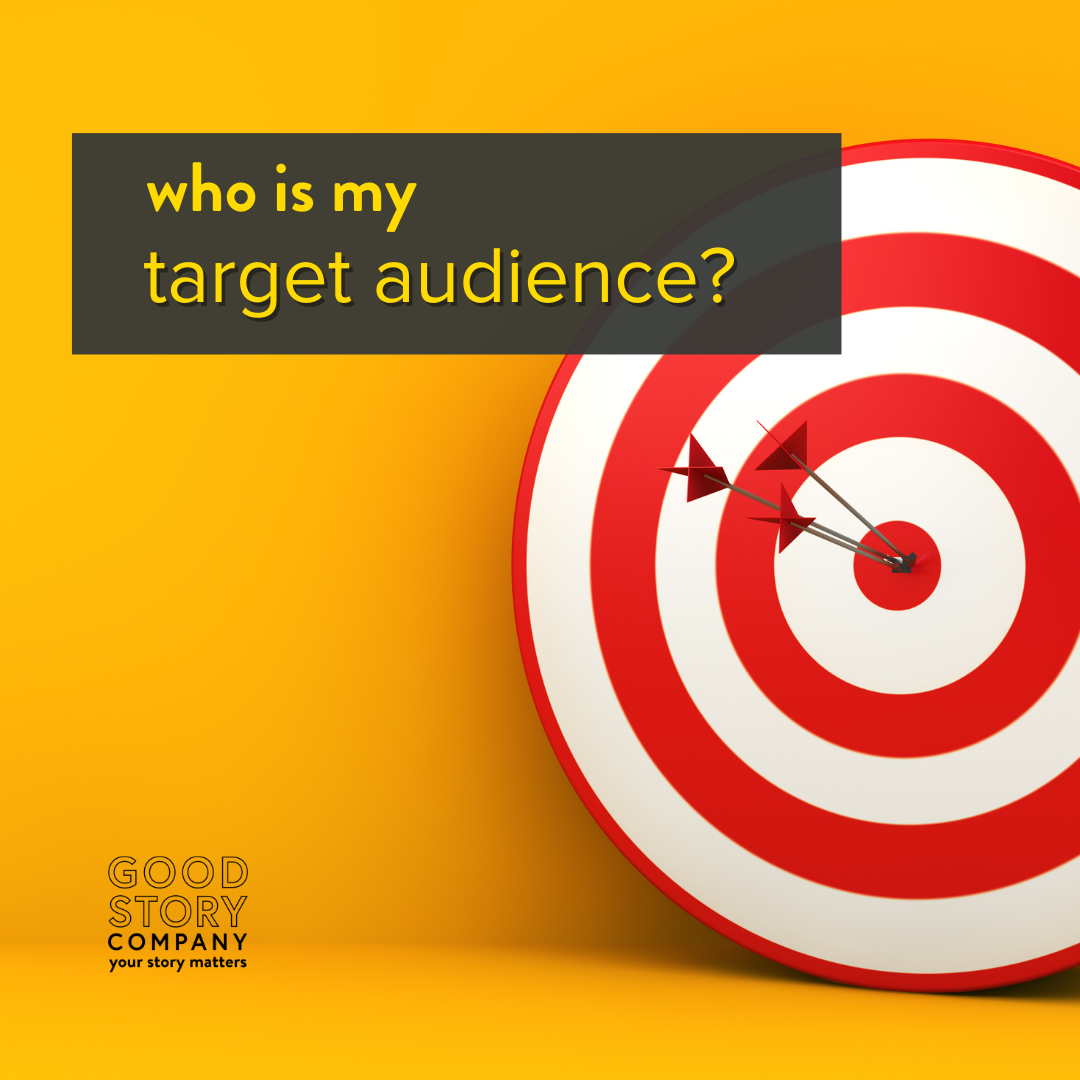
Who Is My Target Audience?
Thinking about a “target audience” can sound cold and impersonal, especially for writers who are pouring their hearts into a manuscript. After all, it’s not like we’re lining readers up, eyeing the red circles painted on their torsos, and lobbing our books at them. Or are we?
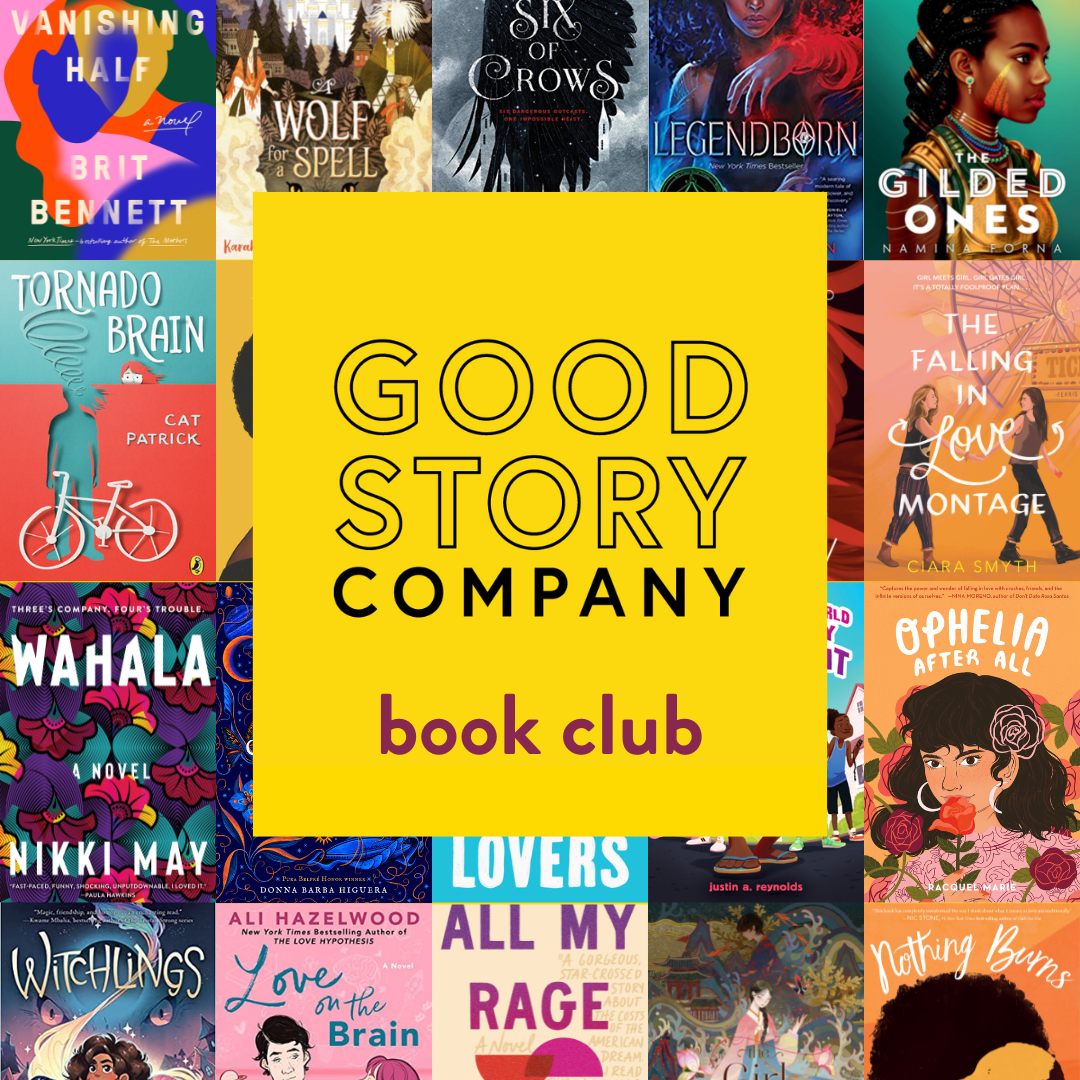
Books to Read: A Fresh TBR with Good Story Book Club
If you’re a book nerd like us, you’re always on the lookout for books to read. Doesn’t matter that the TBR stack is out of control. To stay up to date on fresh new reads, we invite you to join our Good Story Book Club!

Episode 23: Jonathan Auxier, Writer of Strange Stories for Strange Kids
NYT Bestselling young adult and middle-grade author Jonathan Auxier joins Mary Kole to discuss visual writing, worldbuilding, and how different media use dialogue to create action.
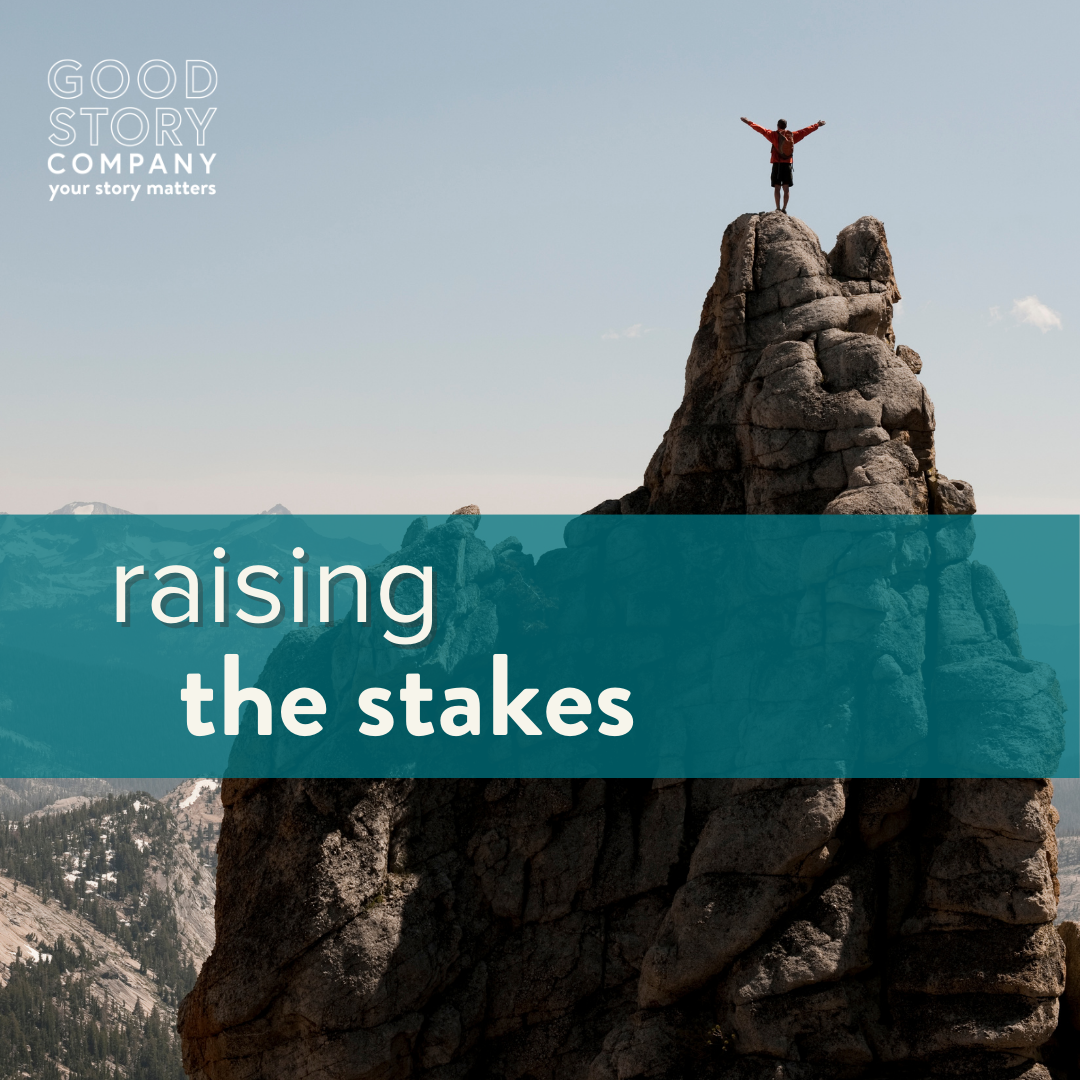
Raising the Stakes
Raising the stakes is a great way to sew tension in your story, and fear of failure is something everyone can relate to. The constant battle between running toward the goal while running away from the alternative will keep readers engaged and invested in your characters. Know how to identify your stakes and when to make them bigger.

Episode 9: Kilby Blades, Romance Author
A conversation with Kilby Blades (author of romance novels such as The Gilded Love series) about self-publishing, writing diverse, feminist characters, and changes the traditional publishing industry needs to make in order to be an inclusive space for writers of color.

How to Organize Your Writing
If you’re a beginning writer, you may be wondering how to organize your writing. Working on a novel means you’ll have lots of bits and pieces to keep track of: character and setting notes, plot outlines, reference photos, versions of your manuscript, notes to yourself, quotes and inspiration to keep you going when the going gets tough...yikes!

Query Letter for Picture Book
An enticing query letter can be your foot in the door with an agent or publisher. Here are the elements to include in a strong query letter for a picture book.
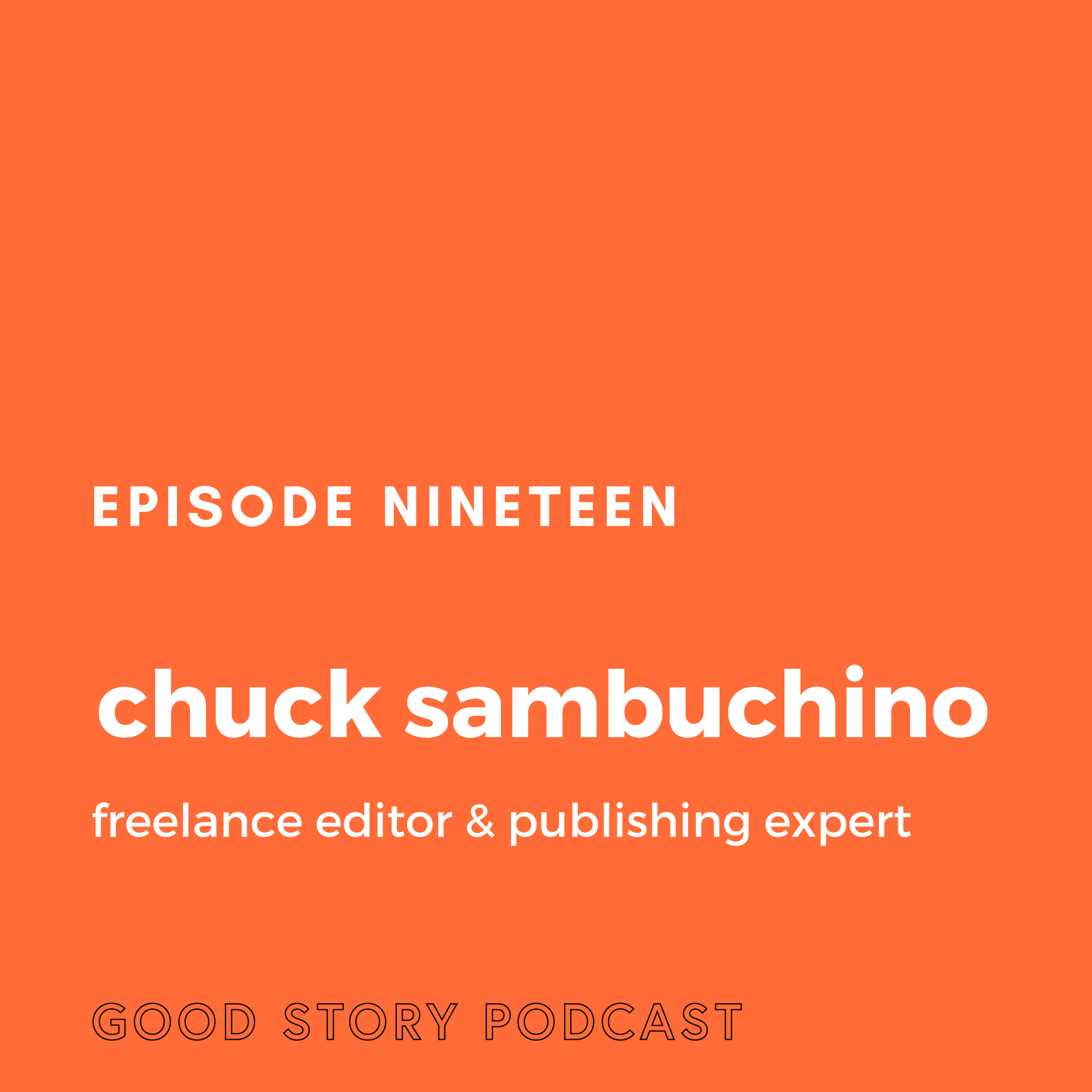
Episode 19: Chuck Sambuchino, Freelance Editor and Publishing Expert
Insights from industry veteran Chuck Sambuchino on how to become a well-informed writer, build a platform, and get published.

Before You Hit “Submit”
Typing “the end,” either literally or figuratively, after spending many months on a project is worthy of celebration. The logical next step is querying. But before you begin to query, there are some critical steps to take.
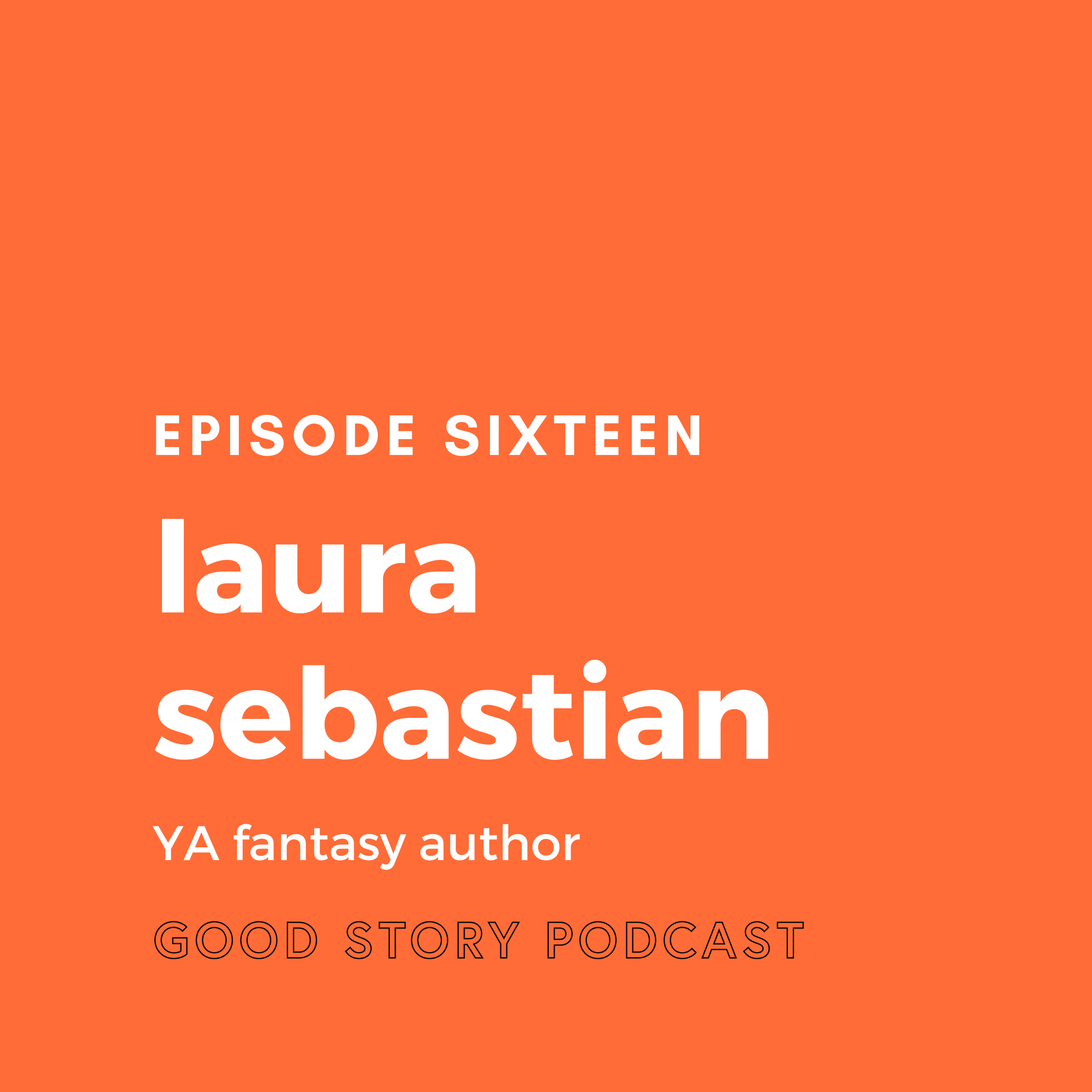
Episode 16: Laura Sebastian, YA Fantasy Author
A conversation with YA fantasy author Laura Sebastian (ASH PRINCESS, out now from Delacorte) all about worldbuilding.
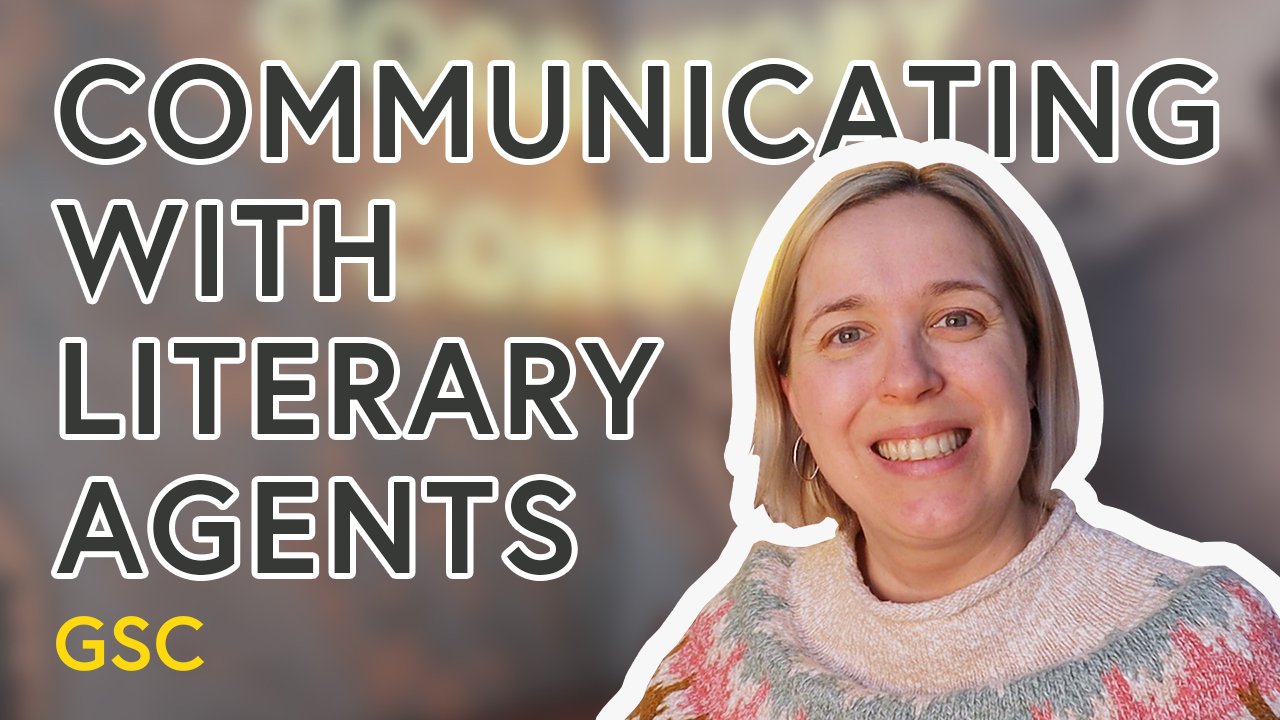
Communicating with Literary Agents
Communicating with literary agents is an important part of the querying process. Here are some communication do's and don'ts that'll give you the best shot at receiving a response to your query.
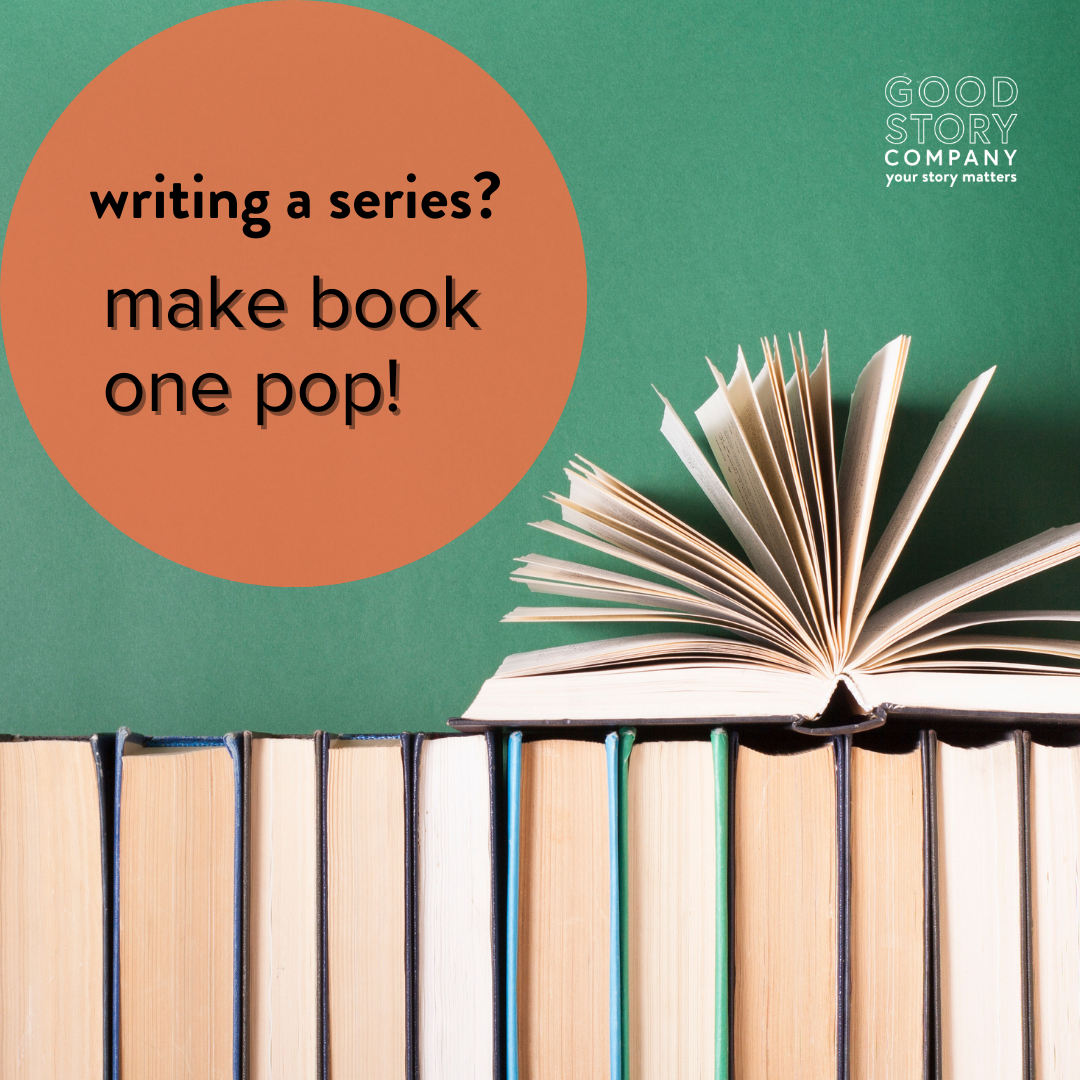
Writing a Series? Make Book One Pop!
Writing a series? You’ll want to pay special attention to making Book One pop. Getting that first book right, though, can be a tall order. Make sure to include the following elements for a captivating Book One.
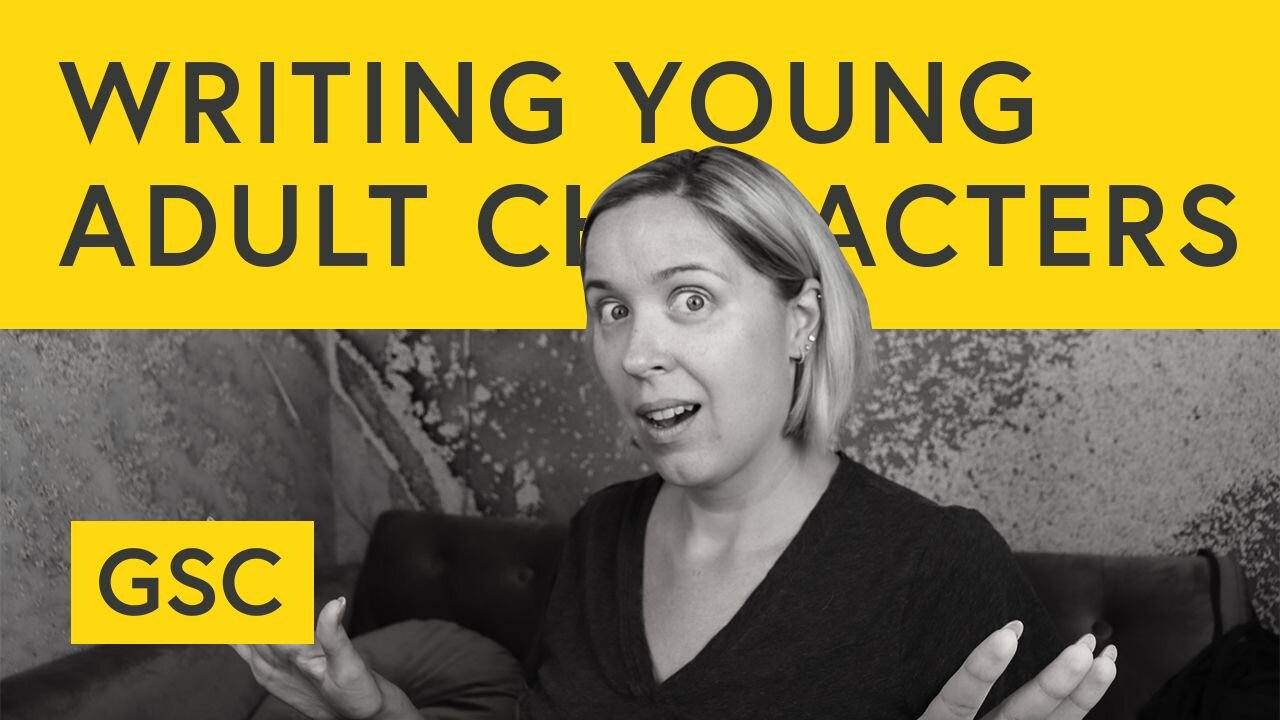
Writing Young Adult Characters
Young adult characters are incredibly dynamic. Their worlds are bigger, larger than life. There's always something behind any big feelings in middle grade and young adult that fosters a relationship between the character and the audience. And that is super crucial in the young adult genre.
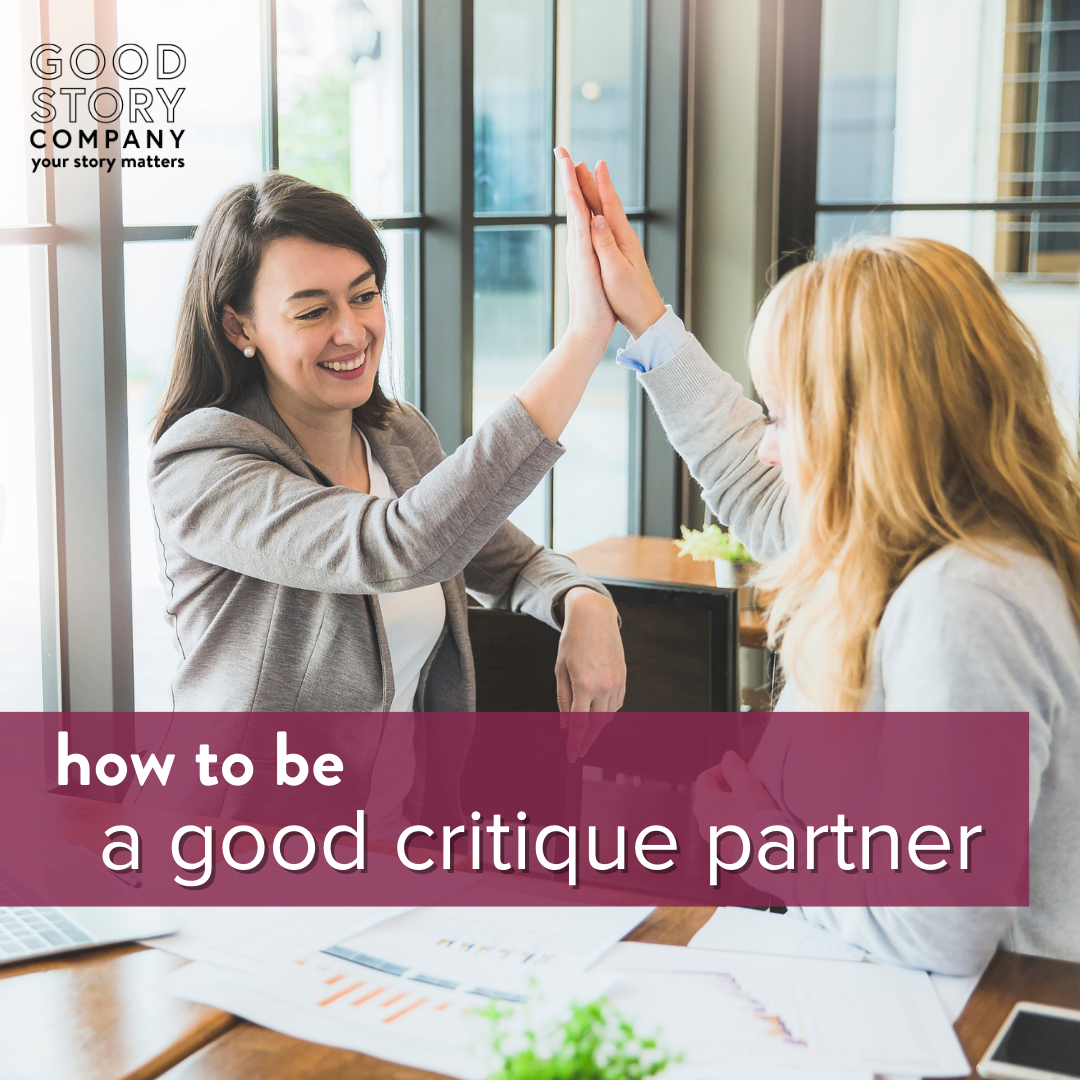
How to Be a Good Critique Partner
Tips for how to be a good critique partner and how to contribute to your writing community. Learn how to give writing critique here.
